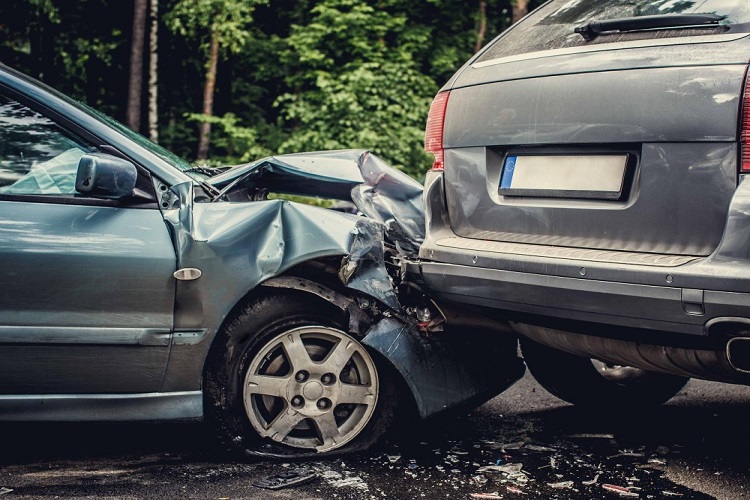Car accidents can be a challenging topic to confront, especially when it involves someone else’s driving. As a vehicle owner in Florida, you might not think twice about lending your car to a friend. However, you must understand the legal implications that can arise if that friend gets into an accident while behind the wheel. Many people are unaware that liability can extend beyond the driver to the vehicle’s owner. This article will provide insights into how Florida law holds vehicle owners accountable, helping you understand your potential risks.
Table of Contents
Understanding Dangerous Instrumentality
When you allow someone to drive your car, you permit them to use your property. Florida follows a dangerous instrumentality doctrine, which means you can be held responsible for your friend’s actions, mainly if they cause harm to others. If an accident occurs, the injured parties might pursue claims against the driver and you as the owner. According to expert personal injury lawyers at Meldon Law, you should seek a car accident lawyer in your state who can assist in understanding these nuances.
The Consequences of Lending Your Car
Picture this: your friend borrows your car for a quick trip to the store. On the way, they collide with another vehicle, injuring the other driver and damaging their car. Even though your friend was driving, you could face a lawsuit due to your role as the vehicle owner. In such cases, the injured party may seek damages from the driver and you, assuming you are liable for the friend’s negligent actions.
Factors Influencing Liability
Several factors often influence liability, including whether the friend had permission to use the vehicle. If they did, it strengthens the case for liability on your part. However, if they took the car without your consent, you may have a solid defense against claims. Still, the situation can get complicated quickly. For instance, if you knew your friend had a poor driving record or was under the influence of alcohol, your decision to let them drive could be seen as negligent.
The Role of Insurance Coverage
Your insurance usually plays a huge role in these situations. Florida operates under the “no-fault” insurance system, meaning that your insurance company will take care of your medical expenses and damages up to a specific limit, no matter who caused the accident. However, this doesn’t shield you from liability claims if the damages exceed those limits or the other driver suffers severe injuries. Your insurance may not cover all the costs in such instances, leaving you personally liable for the difference.
Relationship with the Driver
It’s also important to consider the nature of your relationship with the driver. If the person borrowing your vehicle is a family member, they may benefit from a more lenient consideration under the law. However, with friends or acquaintances, courts may scrutinize the situation more closely. In either case, understanding these nuances can help you make informed decisions before handing over your keys.
Seeking Legal Guidance
The outcome of a traffic accident can be stressful and overwhelming. If a friend has an accident while driving your car, it is vital to consult legal experts who can help you at every step through the complexities of liability claims. This professional advice becomes invaluable when determining your next steps and managing any potential fallout from the incident.
Preventive Measures to Consider
You should also think about preventive measures. Discuss driving habits and any issues your friend might have when lending your car. Setting clear expectations can mitigate risks and foster safer driving practices. Additionally, always ensure that your insurance coverage is adequate. Knowing everything about your coverage will help you feel secure and prepared for any unexpected incidents.
Documenting the Situation
Now, let’s reflect on how to safeguard your interests. First, always document your vehicle’s condition before and after lending it. Take photos and keep records of any discussions about usage and permissions. This information can prove beneficial should a dispute arise about the vehicle’s state after an accident. Also, consider involving your insurance agent in these discussions to ensure you understand your policy limits and how they apply when someone else is driving your car.
Moving Forward: Understanding Liability
In conclusion, understanding liability in Florida when your friend is behind the wheel can significantly impact your legal and financial well-being. Should an unfortunate accident occur, knowing the avenues available for legal recourse and the importance of having an experienced lawyer on your side will empower you to manage things more effectively. Your proactive approach today can prevent stress and confusion tomorrow, ensuring you make informed decisions when it matters most.

